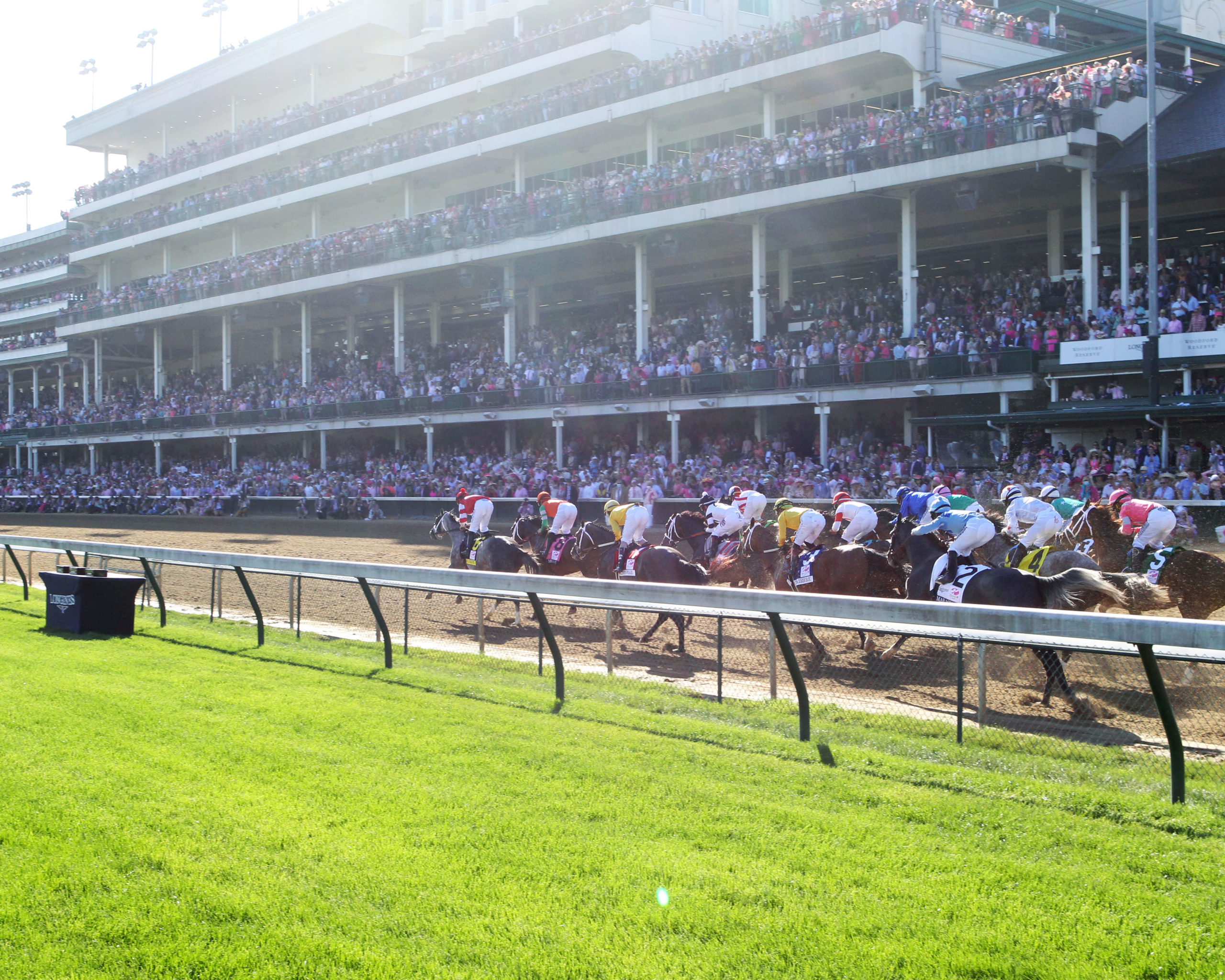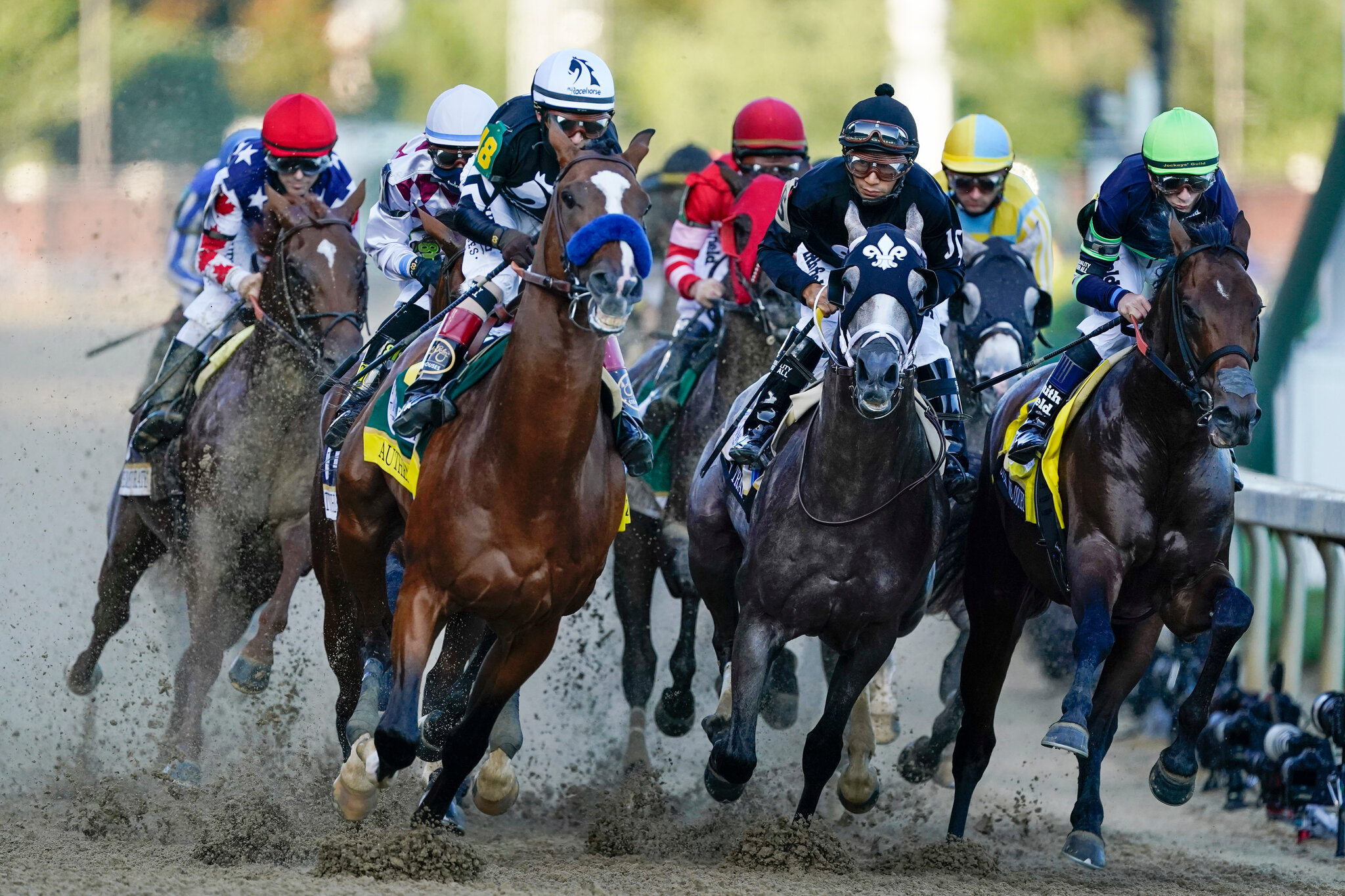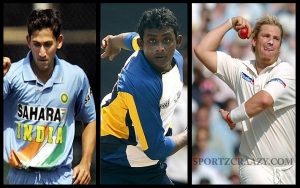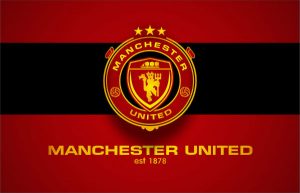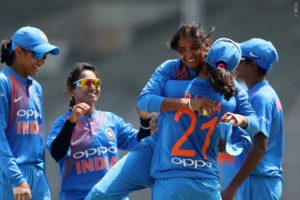Picking any winner of any given horse race can be extremely difficult. Favorites fall to longshots daily, and thousands of single bets, exactas, daily doubles, and Pick 6s go uncashed.
The game rarely gets any easier as the stakes get higher. Name recognition might make a horse easier to research, but there are so many factors at play in a race that handicapping will never be an exact science.
Still, there are some races that are, for any number of reasons, easier to nail down than others. Let’s take a look at Thoroughbred racing’s upcoming features- the Kentucky Derby, Preakness, and Belmont Stakes- and discuss how difficult predicting each race can be.
Fairly Formful
The Preakness is by no means an “easy” race to handicap. Nowadays, there are no major juvenile races or Triple Crown preps held at Pimlico, and that racetrack’s notoriously tight turns are an unknown factor for most entering the Preakness gate. The fact that there are only two weeks in between the Derby and the Preakness is also significant, as most top-level horses in recent years get a month or so of rest in between performances.
However, there are a few trends that have held up in the Preakness over the years. The field is mostly composed of horses who contested the Derby.
You can find the complete list of contenders for the race happening on the 21st of May here: twinspires.com/preakness-stakes/contenders
Newcomers to the Triple Crown do not have a stellar record in the Preakness; since the advent of the point system in 2013, the only Preakness winners not to have raced in the Derby have been Cloud Computing (2017), Swiss Skydiver (2020), and Rombauer (2021). Of those, Cloud Computing and Rombauer were specifically pointed to the Preakness (instead of being Derby “bubble” horses), and Swiss Skydiver ran in the Kentucky Oaks.
Kentucky Derby winners also tend to hit the board in the Preakness; since 2013, Derby winners California Chrome (2014), American Pharoah (2015), and Justify (2018) proved victorious in the Preakness, while Nyquist (2016), Authentic (2020), and now-disqualified Medina Spirit (2021) all factored into their Preakness trifecta.
A Singular Surprise
The Belmont Stakes can be a bit more unpredictable for one reason: the 1 ½ mile distance. It is a certainty that none of the entrants has ever run that distance before, and, short of a switch to grass racing, will never run again. Because this distance on dirt is so infrequent, determining a horse’s genetic predisposition for that sort of stamina is next to impossible.
Still, there are some predictions one can make. Like in the Preakness, horses who competed in the Derby are more likely to win; since 2013, only Tonalist (2014) and Sir Winston (2019) had not run in the Kentucky Derby.
The pace is also crucial in the Belmont. Many people believe that deep closers have a better chance to win the Belmont, particularly if they finish fast at Churchill Downs, but horses who lay close to the pace, as Triple Crown winners Justify and American Pharoah did, have an overall better record.
Cavalry Charge
The Kentucky Derby is, quite simply, unique. More on-track fans show up for the Derby than any other race, whipping up a pre-race sensory frenzy.
Often, the top horses from circuits all over the country are competing together for the first time, at a distance unfamiliar to them.
And, perhaps most importantly, more horses are permitted to run in the Derby than in any other flat race in the country.
In a twenty-horse field, the least predictable factor is often the one with the greatest influence: luck.
Who will get a good post position? Who will break well? Who will manage to avoid traffic?
These are questions that matter more in the Derby than they typically do in ordinary races, and they are questions we sometimes cannot answer until the gates burst open.
There’s no race quite like the Kentucky Derby, and that makes it the most difficult to predict.


